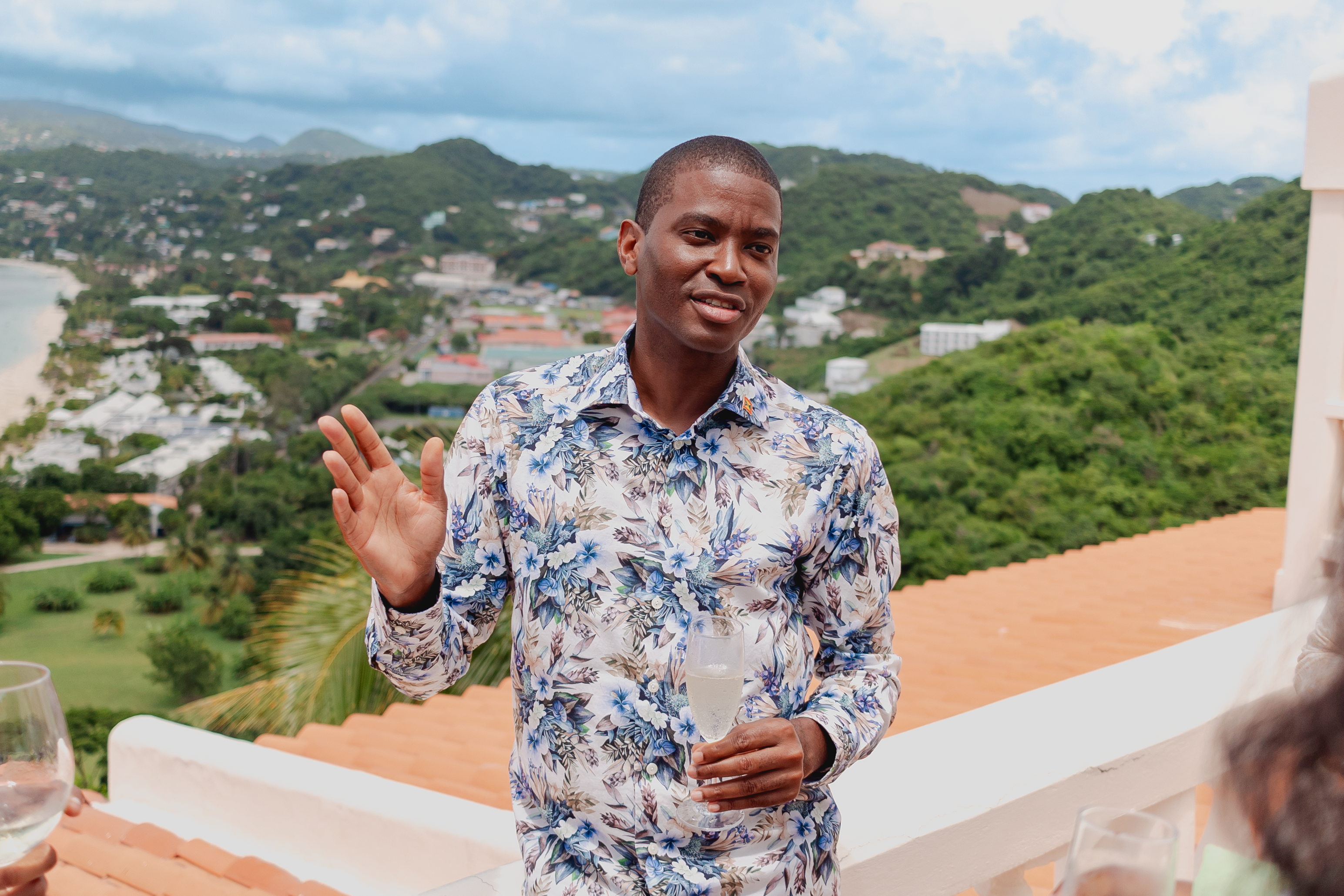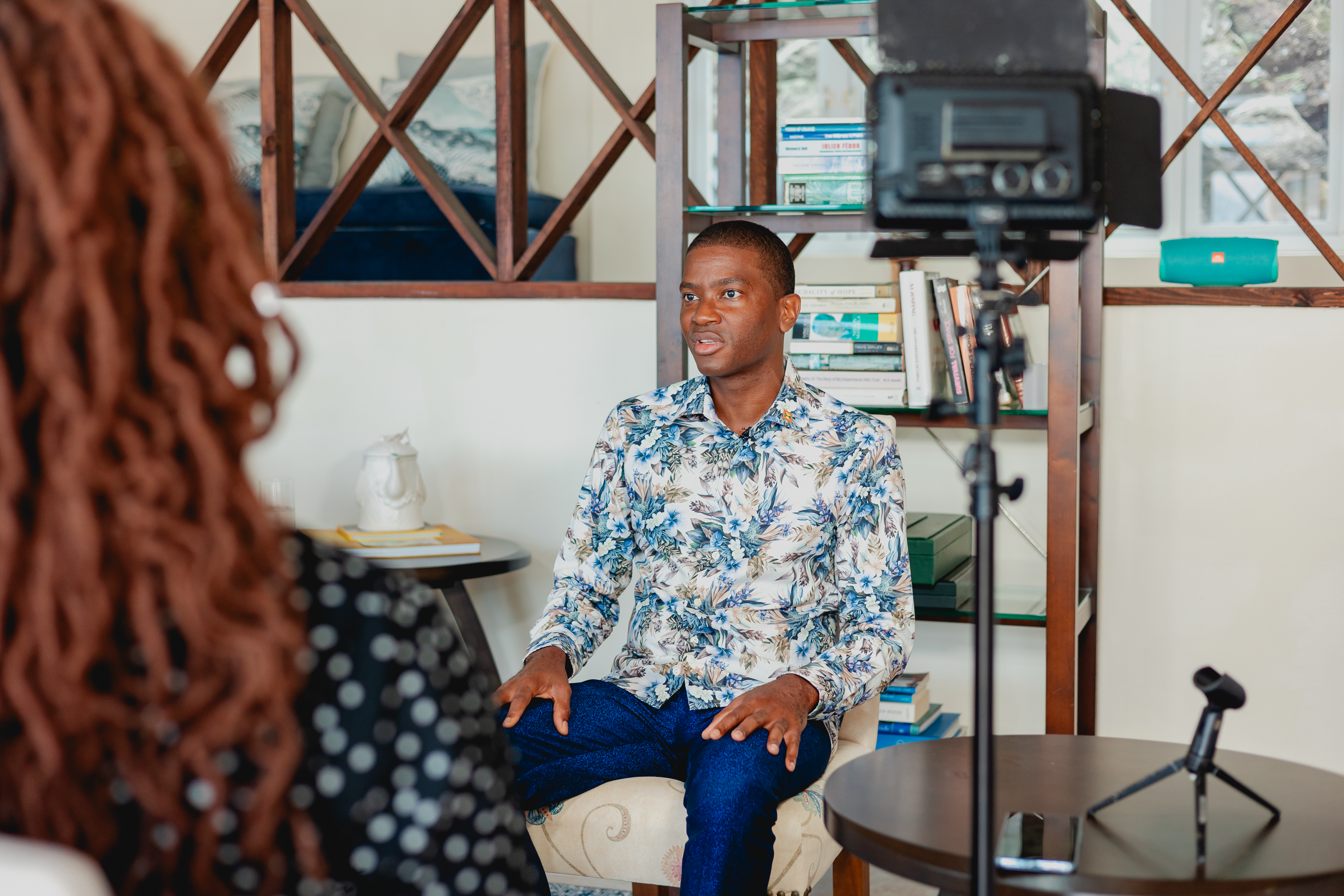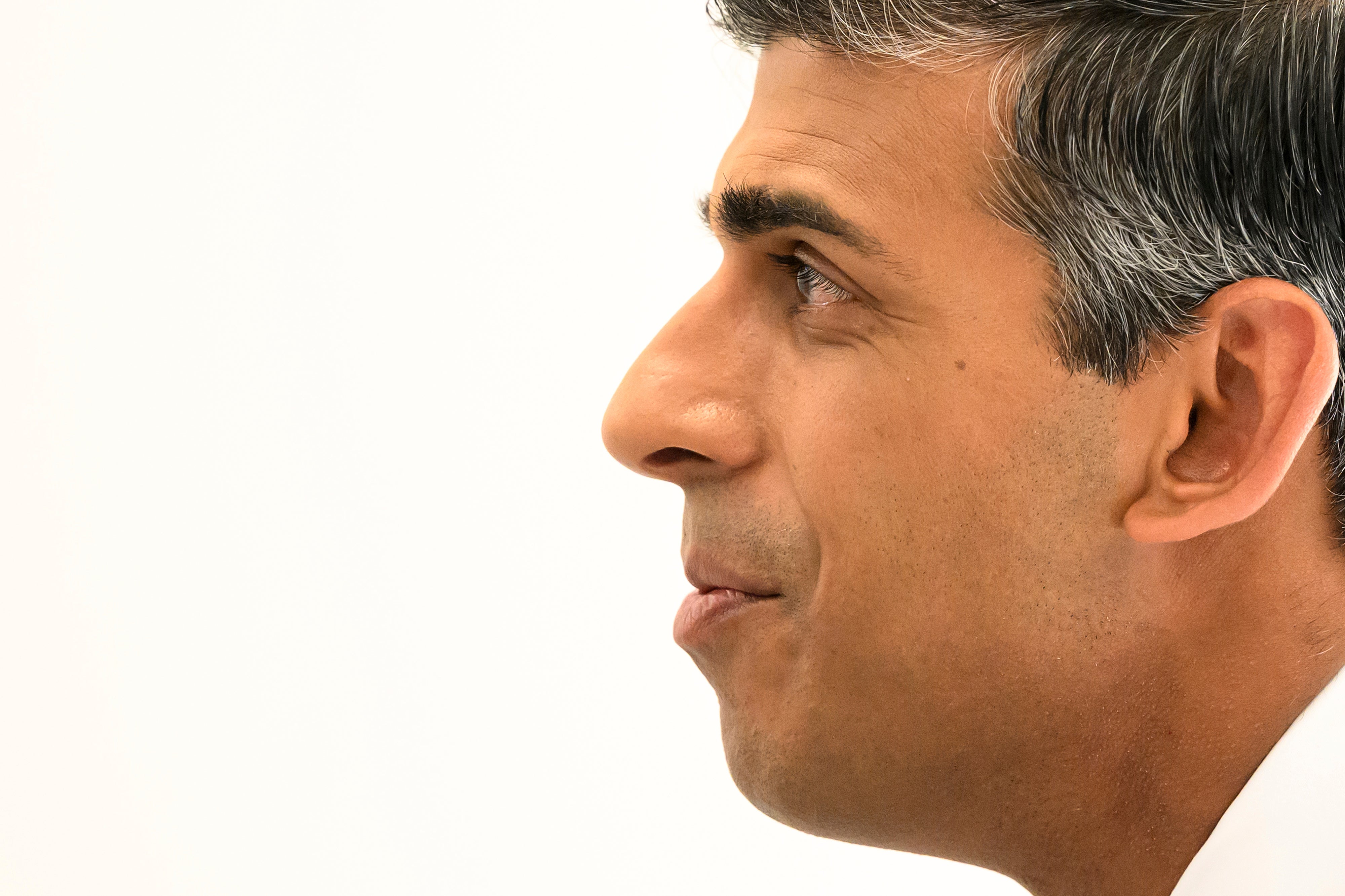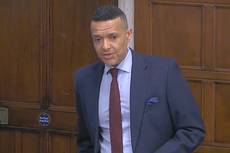Grenada prime minister calls on Britain to pay slavery reparations: ‘It’s the decent thing to do’
Exclusive: If the UK wants to be a country that demonstrates values of justice, then it should say sorry for its mass enslavement of African people, Dickon Mitchell tells The Independent
The prime minister of Grenada has issued fresh calls to King Charles and Rishi Sunak to apologise and pay slavery reparations to former colonies of Britain.
Speaking from his home in an exclusive interview with The Independent, Dickon Mitchell criticised Britain’s failure to atone for the mass enslavement of African people and said failing to do so sent a bad message.
“If the UK wants to continue being a country that demonstrates that it upholds the values of justice, fairness, democracy, [and] equal treatment of human beings, then it should be upfront in apologising for slavery,” Mr Mitchell said as the nation prepared for its annual Spicemas carnival.

“Reluctance or refusal to do so then sends the opposite message. In Grenada, as a former colony of the UK, we recognise the legacy issues that we’re dealing with and therefore I think it’s the decent thing to do, frankly.
“Even in a post-colonial era, I think it is critical to ensuring that going forward ... we improve our relationship with Britain and see that there’s a genuine sense that the former colonies, the people who live there, are viewed as equals by the country that colonised us.”
His call comes as the family of former UK prime minister William Gladstone are due to travel to the Caribbean to apologise for the role of their ancestors in the slave trade.
Mr Gladstone, who was prime minister on four occasions in the 19th century, was the son of John Gladstone – one of the largest slave owners in the British West Indies. Charlie Gladstone, the great-great-great-grandson of John, said he “felt absolutely sick” when he found out about his family’s slave-owning past and has vowed to apologise.

The UK has never apologised for slavery or committed to paying reparations, despite multiple requests to do so from MPs over the decades.
In April, Labour MP Bell Ribeiro-Addy asked Mr Sunak if he would make a “full and meaningful apology” on behalf of the government and “commit to reparatory justice” during a parliamentary session.
But the prime minister declined, saying “trying to unpick our history is not the right way forward”.
The month before, Foreign Office minister David Rutley told Labour MP Clive Lewis, who has family links in Grenada: “We acknowledge the role of British authorities in enabling the slave trade for many years before being the first global force to drive the end of the slave trade in the British empire.”
Mr Mitchell slammed that response – likening it to a killer dodging responsibility for a heinous crime.
“Well, that’s almost like seeing someone who’s committed murder be applauded for having committed murder,” he told The Independent.
“To my mind, that’s nonsensical and, in reality, an attempt to, in a sense, whitewash your own conscience. It was wrong, you should say it’s wrong, give a commitment that you will never support something like that – and then help the victims of the descendants who have to deal with this.”
King Charles has recently spoken of his “sorrow” and deepening “understanding” of slavery, but Mr Mitchell said he hoped he would go further and lead impactful change on the issue.
“I think it’s easy sometimes for people to conveniently forget the past,” the Grenada prime minister said.

“So I applaud the King’s comments – I hope they actually lead to action and that that helps to bring parts of the UK that have steered away from this conversation into the conversation, so that ultimately, we couldn’t get the right consensus and be able to move on.”
It comes amid mounting calls for the UK to pay reparations as numerous Caribbean nations, which are former colonies of Britain, including Grenada, signal their intentions to ditch the monarchy and become a republic.
Mr Mitchell said he hoped his nation would make such a move – which would require a referendum – however, he said it was not a priority and he was keen to avoid the matter being used as a “political football”.
“I need to make sure that we get sufficient buy-in from all sectors of society to say ‘this is what we want’, and the average Grenadian understands the benefits of moving to a republican type of government, rather than just the political class,” he said.
Last April, the UK was cautioned against glossing over its past atrocities, as Prince Edward and Sophie Wessex were forced to cancel a royal tour of Grenada following concerns over tensions around reparations talks.

As the UK marks Windrush’s 75th anniversary – remembering the arrival of the first ship carrying Caribbean families to the UK to fill the need for more workers after the Second World War – Mr Mitchell said there could be no mistaking the fact that multiculturalism was behind the UK’s success.
He said Mr Sunak’s own position, as the first Asian prime minister, reflected this and his government should bear that in mind when considering immigration strategies.
“So, there is no doubt in my mind that the future success of the UK is actually built on remaining a multicultural open society,” said Mr Mitchell. “In order for that to continue, you also have to recognise that immigrants – including persons who are not traditionally white – are critical towards the continued success of the UK.
“It’s obvious that the conversation about reparations, migration, immigrants, maintaining an open, plural society – rather than one that’s closing off against itself – is something that has to happen.”
The UK government and Buckingham Palace both declined to comment.
Join our commenting forum
Join thought-provoking conversations, follow other Independent readers and see their replies
Comments




Bookmark popover
Removed from bookmarks